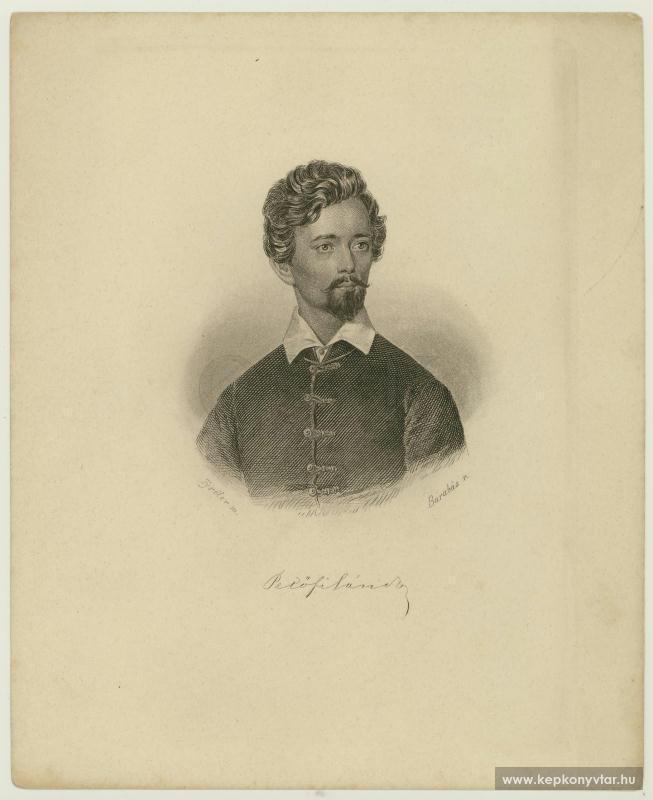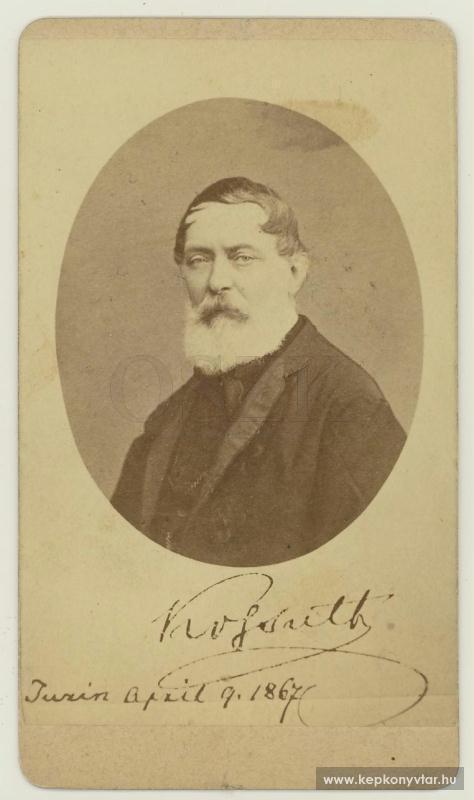
On March 15
According to the decree of the Hungarian National Assembly in 1991, March 15 is the day of the beginning of the Hungarian Revolution and War of Independence of 1848–1849, the birth of modern parliamentary Hungary and the national holiday of Hungary. March 15, the day on which the revolution was launched, became a symbol: a symbol of preserving the freedom gained and reobtaining the lost independence. Hungarians have considered this day a national holiday since the 1860s – the political extenuation that replaced the Bach system (1850–1859), regardless of how the current state power thought of it.
March 15, 1848 is also called the day of Sándor Petőfi (1823–1849) by Hungarian collective cultural memory. On this day, the first free products of the Hungarian press were published: the 12-point pamphlet entitled Mit kíván a magyar nemzet (What the Hungarian Nation Wants), and Petőfi’s famous poem Nemzeti dal (National Song), which he performed in several places all over Pest on this day. The National Library keeps copies of both documents.
Another cult person of the Revolution and War of Independence was Lajos Kossuth (1802–1894). He and his cult are evoked by the instrumental Kossuth-induló (Kossuth March) found in our new online service Hangtár (Sound Library). We can also listen to the voice of the elderly Lajos Kossuth on the English-language interface of our virtual exhibition. After the defeat of the war, the Habsburg authorities executed 13 generals of the Revolution and War of Independence in Arad, on October 6, 1849. The speech written and read by Kossuth was intended to address the memory of the martyrs on the occasion of the inauguration of the memorial in Arad. Kossuth’s voice was recorded by two entrepreneurs from Pest in Turin, on September 20, 1890.





